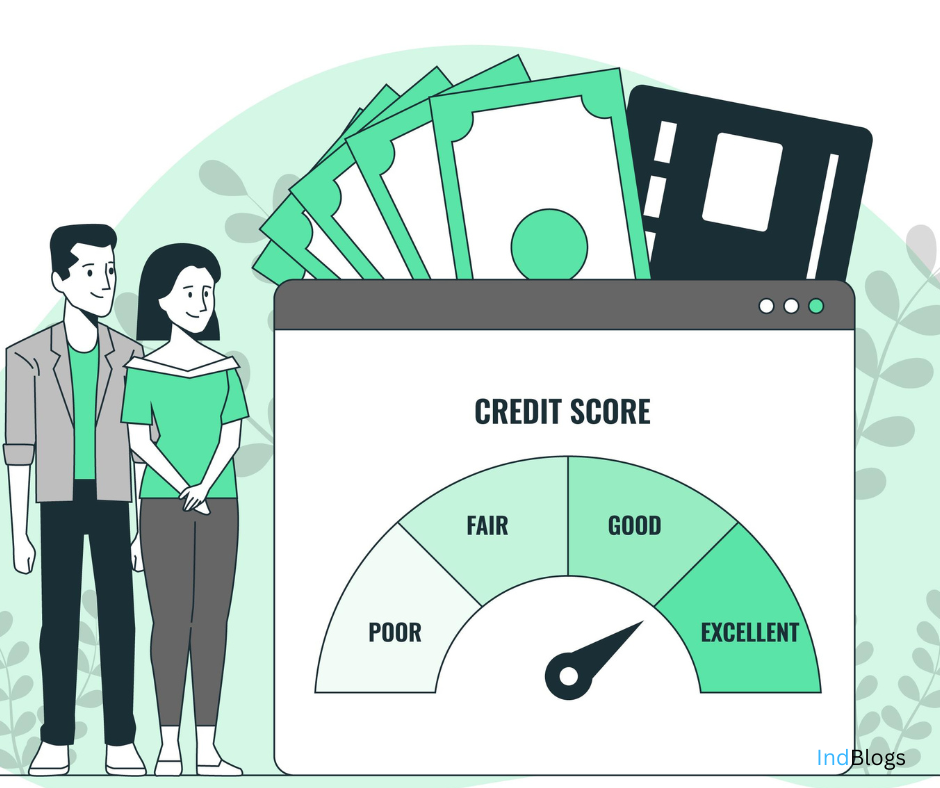Improving your credit score is a crucial step in maintaining good financial health. Here are some steps you can take to boost your credit score:
- Check Your Credit Report: Start by obtaining a copy of your credit report from each of the three major credit bureaus (Equifax, Experian, and TransUnion). You can get a free annual report from each bureau at AnnualCreditReport.com. Review your reports for errors, inaccuracies, or fraudulent activity.
- Dispute Errors and Inaccuracies: If you find any errors on your credit report, dispute them with the credit bureaus. Correcting inaccuracies can have an immediate positive impact on your credit score.
- Pay Bills on Time: One of the most significant factors affecting your credit score is your payment history. Pay all your bills on time, including credit card payments, loans, and utility bills. Set up reminders or automatic payments to avoid missing due dates.
- Reduce Credit Card Balances: High credit card balances relative to your credit limits can negatively impact your credit score. Aim to keep your credit card balances below 30% of your credit limit. Paying down balances can have a rapid and positive effect on your score.
- Don’t Close Old Accounts: The length of your credit history is an important factor. Closing old credit card accounts can shorten your credit history, which may lower your score. Keep old accounts open and use them occasionally to maintain a longer credit history.
- Avoid Opening Too Many New Accounts: When you apply for a new credit card or loan, a hard inquiry is made on your credit report. Multiple hard inquiries in a short period can lower your credit score. Be selective about opening new accounts.
- Diversify Your Credit Mix: Having a mix of different types of credit, such as credit cards, instalment loans, and a mortgage, can positively impact your credit score. However, don’t open new credit lines just for the sake of variety; only do so when it’s financially responsible.
- Become an Authorized User: If you have a trusted family member or friend with a good credit history, you can ask to be added as an authorized user on one of their credit card accounts. This can help you benefit from their positive payment history and boost your credit score.
- Pay-Off Collections and Past-Due Accounts: If you have any accounts in collections or past-due accounts, work to pay them off. Settle the debt with the collection agency if possible and ask for a “pay-for-delete” agreement, which can remove the collection from your credit report.
- Use Secured Credit Cards: If you have a low credit score or a limited credit history, consider getting a secured credit card. These cards are backed by a cash deposit, which reduces the risk for the lender and can help you build or rebuild credit.
- Monitor Your Credit Regularly: Keep a close eye on your credit by regularly checking your credit reports and using credit monitoring services. This will help you detect and address any issues promptly.
- Be Patient: Improving your credit score takes time. Be patient and stay consistent with positive credit behaviours. It may take several months or even years to see significant improvements.
- Educate Yourself: Continue to educate yourself about credit management and financial responsibility to make informed decisions and maintain a healthy credit score.
Remember that there is no quick fix for improving your credit score, and it requires responsible financial habits over time. By following these steps and practising good credit management, you can gradually raise your credit score and improve your financial prospects.




